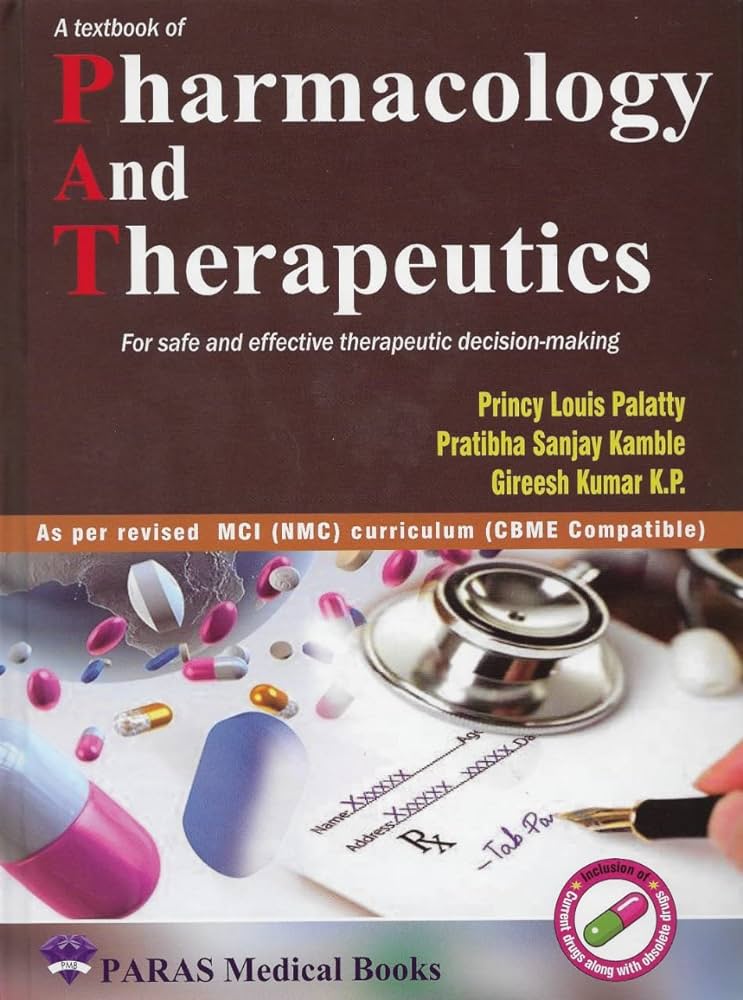Biased agonism in peptide-GPCRs: A structural perspective
IF 12.5
1区 医学
Q1 PHARMACOLOGY & PHARMACY
引用次数: 0
Abstract
G protein-coupled receptors (GPCRs) are dynamic membrane receptors that transduce extracellular signals to the cell interior by forming a ligand–receptor-effector (ternary) complex that functions via allosterism. Peptides constitute an important class of ligands that interact with their cognate GPCRs (peptide-GPCRs) to form the ternary complex. “Biased agonism”, a therapeutically relevant phenomenon exhibited by GPCRs owing to their allosteric nature, has also been observed in peptide-GPCRs, leading to the development of selective therapeutics with fewer side effects. In this review, we have focused on the structural basis of signalling bias at peptide-GPCRs of classes A and B, and reviewed the therapeutic relevance of bias at peptide-GPCRs, with the hope of contributing to the discovery of novel biased peptide drugs.
多肽- gpcr的偏向激动作用:结构视角。
G蛋白偶联受体(gpcr)是动态膜受体,通过配体-受体-效应器(三元)复合物通过变构作用将细胞外信号传递到细胞内部。在众多信号分子中,肽是一类重要的初级信使,可与其同源的gpcr相互作用(肽- gpcr)。与小分子类似物相比,肽在其靶点上更有效和选择性。“偏激效应”是GPCRs由于其变抗性而表现出的一种与治疗相关的现象,在肽类GPCRs中也被观察到,这导致了副作用更少的选择性治疗方法的发展。在这篇综述中,我们通过比较偏倚和平衡肽配体在A类和B类肽- gpcr的正位配体结合位点上的相互作用来关注偏倚的结构基础,并综述了偏倚在肽- gpcr上的治疗相关性,希望对发现新的偏倚肽药物有所贡献。
本文章由计算机程序翻译,如有差异,请以英文原文为准。
求助全文
约1分钟内获得全文
求助全文
来源期刊
CiteScore
23.00
自引率
0.70%
发文量
222
审稿时长
90 days
期刊介绍:
Pharmacology & Therapeutics, in its 20th year, delivers lucid, critical, and authoritative reviews on current pharmacological topics.Articles, commissioned by the editor, follow specific author instructions.This journal maintains its scientific excellence and ranks among the top 10 most cited journals in pharmacology.

 求助内容:
求助内容: 应助结果提醒方式:
应助结果提醒方式:


